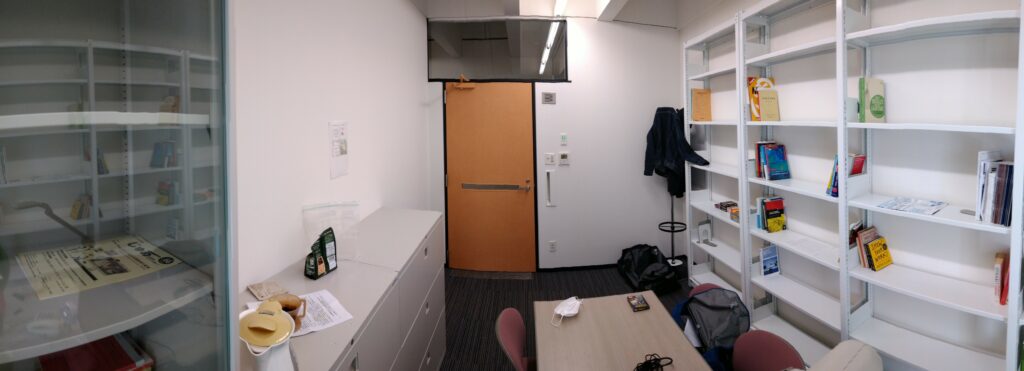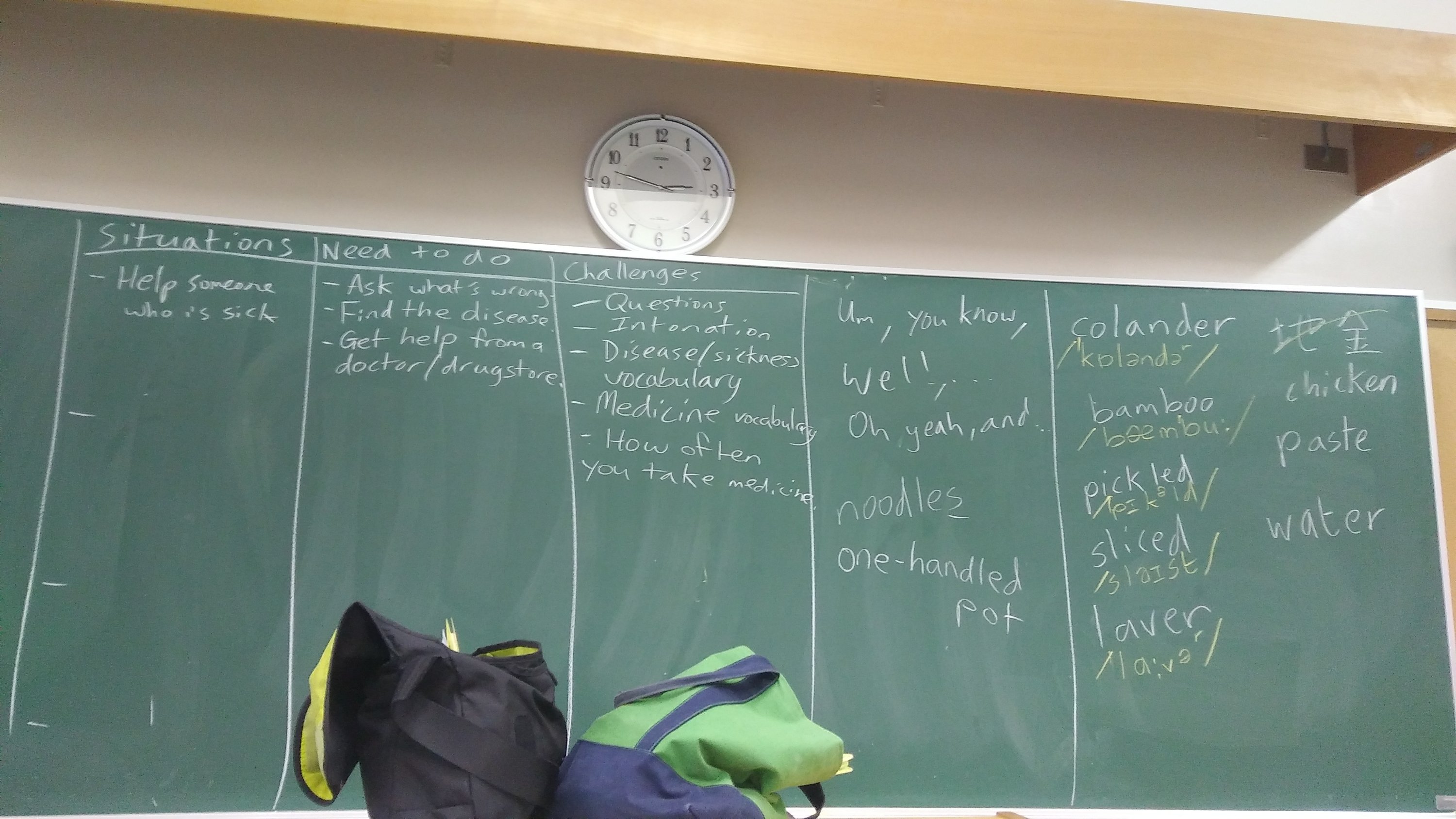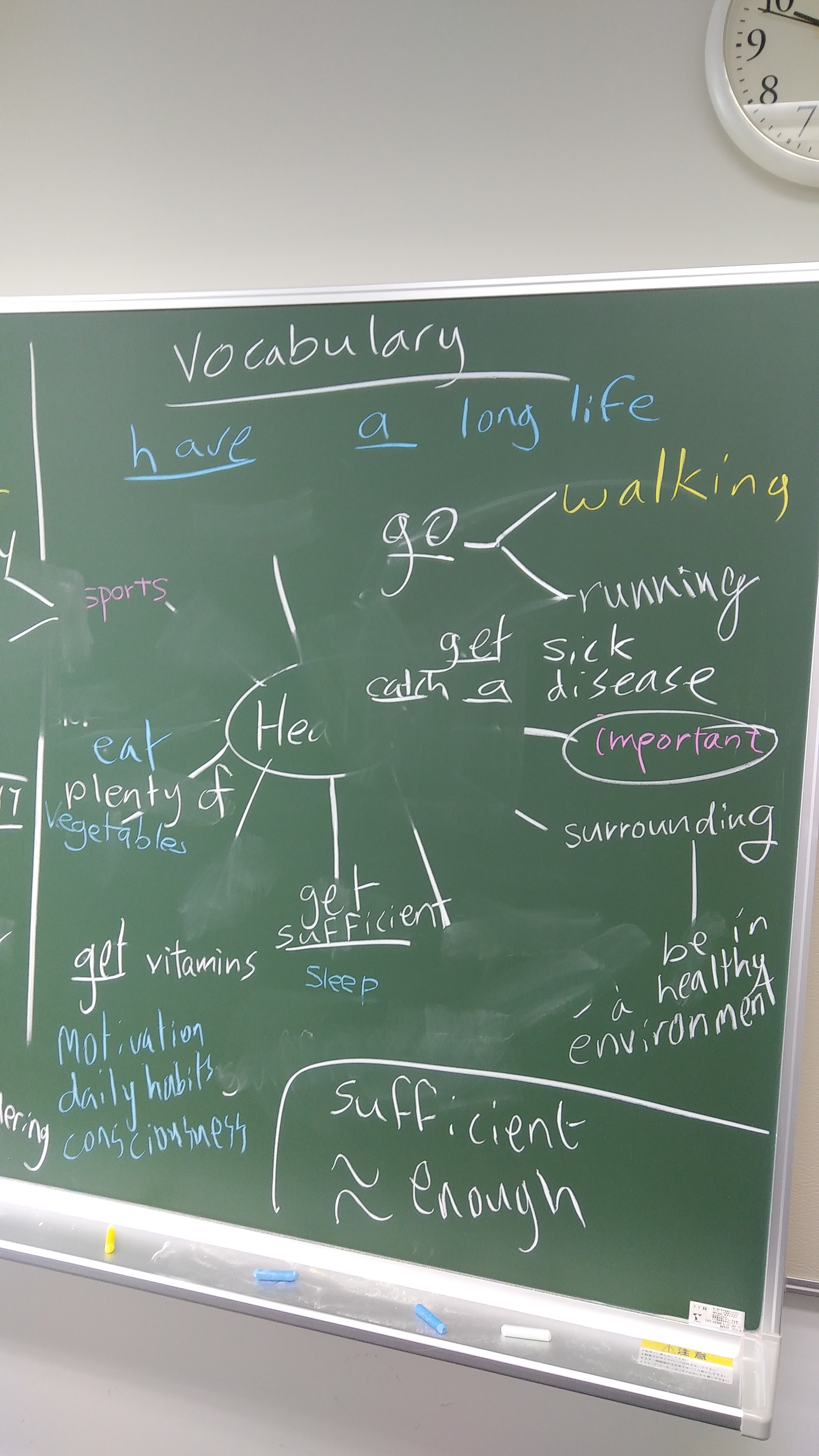Student-led Syllabus Shake-up
Hi. It has been ages. So long I dare not check. Today, I have something to report, and this is, I think, the first post about my new job.

Today my students were giving presentations based on a discussion task from last week: design your dream university course that covers 15 weeks. Being honest, this was busy work that gave students something meaningful to work on while I assessed paired conversations. What I got was so much more than I had expected.
Students overwhelmingly wanted practical courses. Learning about things is fine as long as they get to learn to do those things, too. Sports business, filmmaking and media production were mentioned more than once. My students are on an interdisciplinary course, Global Innovation Studies, so this is not surprising but how specific they were about high-quality finished products to show learning was interesting.
Small group instruction was appealing, too. My students are generally in classes of 23. This is pretty small considering the average high school class size here of around 40. “We like the size of breakout rooms”, they said, so more microteaching plays a part in my future.
I have already created my syllabi for classes up to the end of January. However, all the syllabi have the disclaimer that the syllabus is subject to change based on teaching and learning needs. What I need to do is see whether I can match the EAP needs with these other practical needs without a hodgepodge that serves nobody, and that doesn’t lead to ridiculous amounts of work from me or my students.
It is realistic, considering I teach one group for 9 hours a week. Blogging is certainly possible with my writing class, and to an extent with my reading class, if we look at genre and ICT literacy a bit more. There is already some podcasting planned, and if anyone wants to make the transition from Flipgrid auteur, to nascent YouTuber, then I am keen to help. There may even be a bit of time for some extracurricular work.
Expect to find out more as I blog about how all this pans out.



